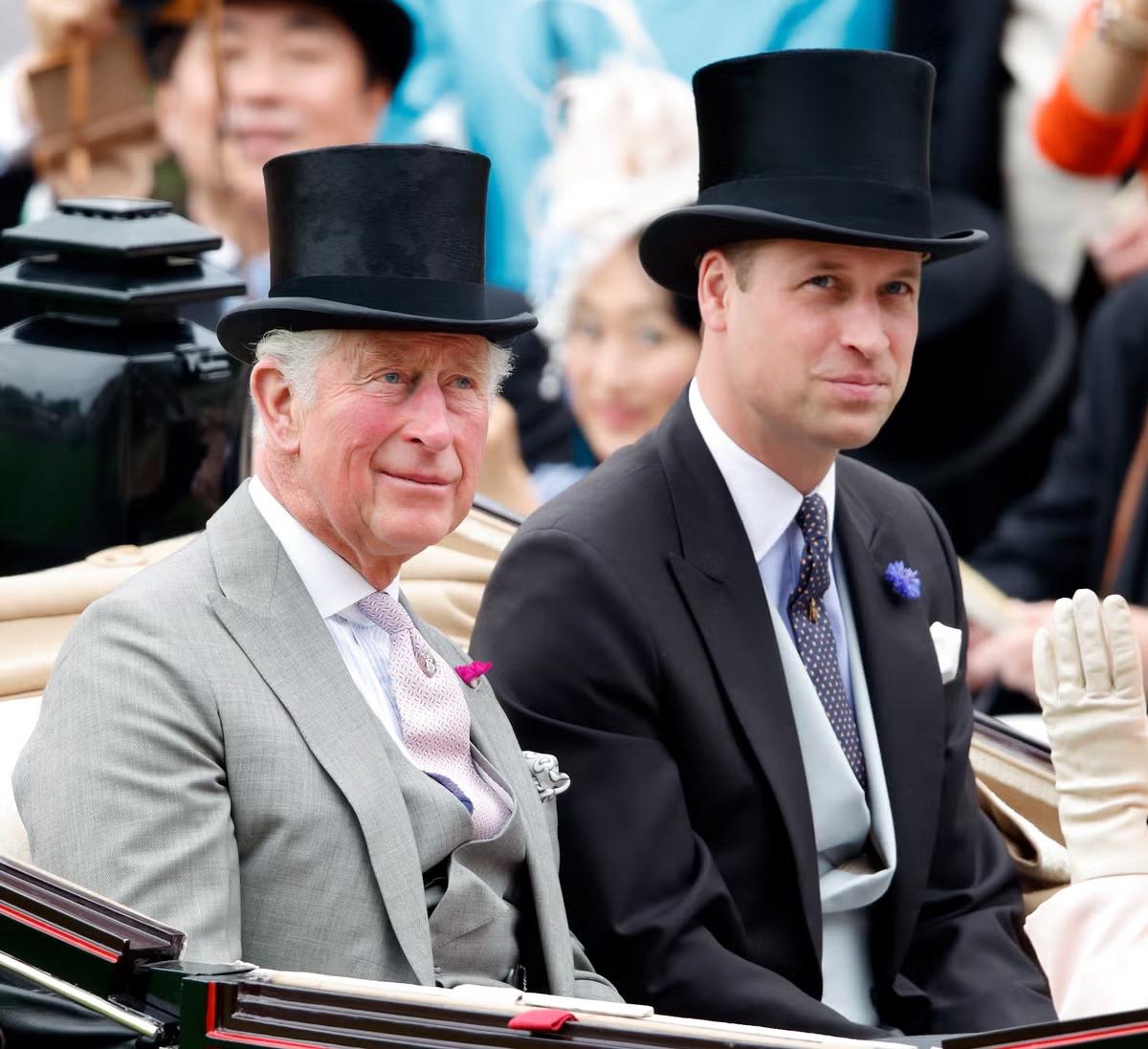
Are King Charles and Prince William benefiting from taxpayer money? A joint documentary investigation by The Sunday Times and Channel 4’s “Dispatches,” titled “The King, The Prince and Their Secret Millions,” revealed that ancient estates reportedly generated GBP 27.4 million for King Charles and GBP 23.6 million for Prince William in private income last year. The program disclosed that much of the wealth accumulated from the Duchy of Lancaster and the Duchy of Cornwall—historical estates created to provide income for the reigning monarch and heirs—was derived at the cost of British taxpayers. Institutions like the NHS (National Health Service), the British Armed Forces, and various charities allegedly paid millions for accessing properties and land owned by the Duchies, prompting serious questions about the monarchy’s financial implications during tough economic times.

Dating back to 1399 and 1337, the Duchy of Lancaster and Duchy of Cornwall claim to function as private entities, supplying personal income to the monarch and heir. However, the “Dispatches” investigation suggests that public funds indirectly support these estates. For instance, Dartmoor Prison—which is managed by the Ministry of Justice—allegedly has a GBP 37.5 million contract for leasing the prison, while the Duchy of Lancaster reportedly has a GBP 11.4 million deal with Guy’s and St Thomas’ NHS Trust for a 15-year lease on a London warehouse used for storing ambulances. The King’s Duchy of Lancaster estate generates GBP 829,000 annually from renting a warehouse to an NHS trust for ambulance storage.
“The King, The Prince and Their Secret Millions” claims these examples highlight how taxpayers unwittingly fund royal income. This discovery has ignited public anger, with many questioning why taxpayer money is funneled into estates intended to enrich the royal family. At one point, the narrator observes, “Charles and William’s private estates assert they are not financed by taxpayers, but the evidence implies otherwise.”
Increased Financial Scrutiny of the Monarchy

Following Queen Elizabeth II’s death in 2022, public sentiment regarding the monarchy’s financial significance has worsened. King Charles’ coronation allegedly cost taxpayers tens of millions while the UK struggled with economic difficulties, stagnant GDP growth, and strained public services. Critics claim that the lavish lifestyles of the royals appear increasingly disconnected from contemporary Britain, especially as discussions around the monarchy’s cultural role continue.
The insights from “The King, The Prince and Their Secret Millions” emerge during a crucial juncture for the British monarchy. While the royal family symbolizes heritage and continuity for some, others perceive it as an outdated institution echoing colonial history and a rigid class system. A BBC report stated that King Charles’ 2023 coronation cost British taxpayers approximately GBP 72 million. Government data indicated that the Department for Culture, Media and Sport (DCMS) spent just over GBP 50 million coordinating the event, while policing expenses reached nearly GBP 22 million, covered by the Home Office.
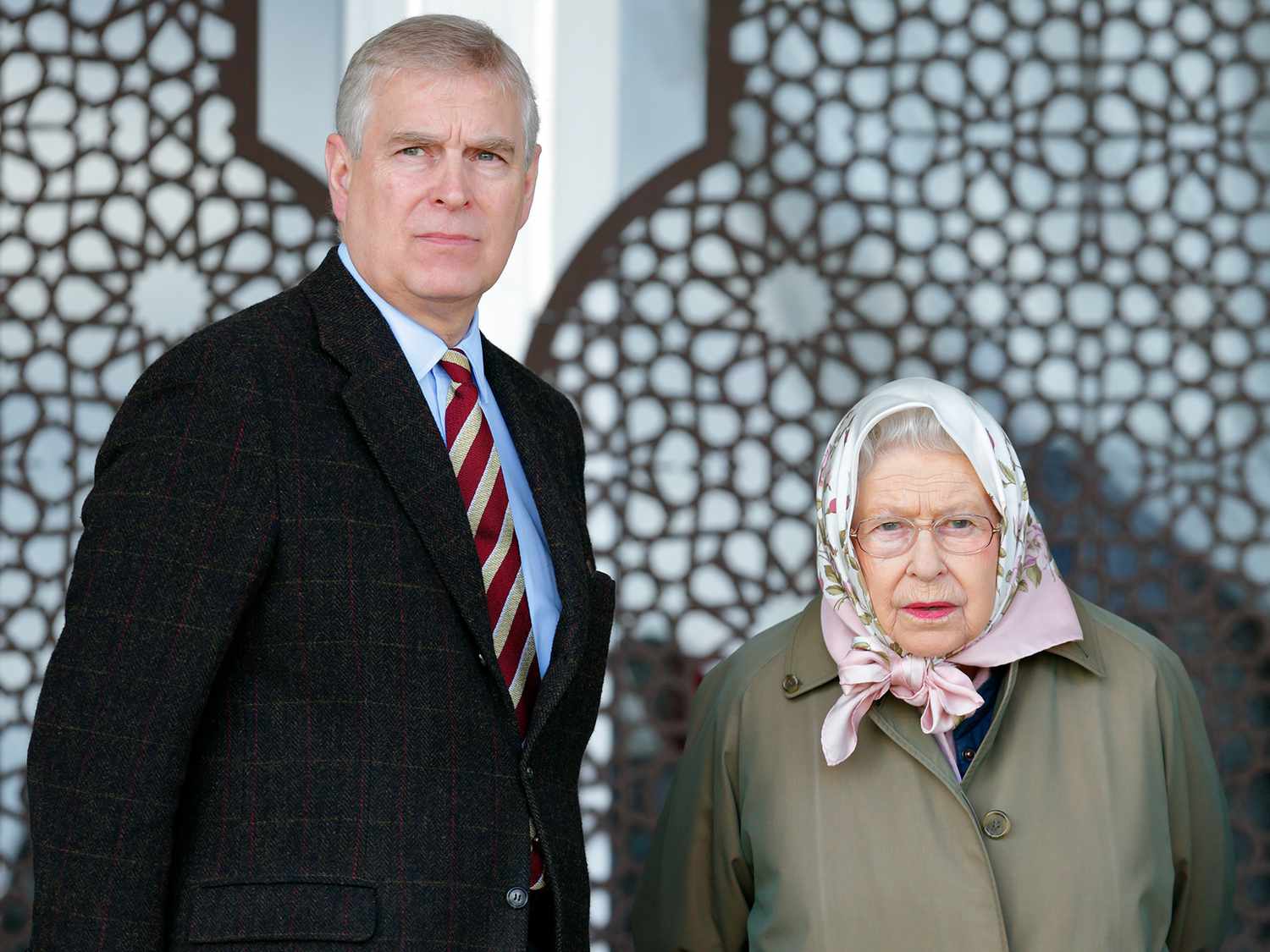
In recent years, the royal family has faced numerous scandals, including allegations of sexual assault against Prince Andrew and his ties to disgraced financier Jeffrey Epstein. The situation escalated when Virginia Giuffre—one of Epstein’s accusers—filed a civil suit against Prince Andrew in the U.S. in 2021. Prince Andrew brokered an out-of-court settlement with Giuffre, reportedly around GBP 12 million, though the precise amount is not disclosed. The settlement did not include any admission of guilt or liability, enabling Andrew to avoid a civil trial.
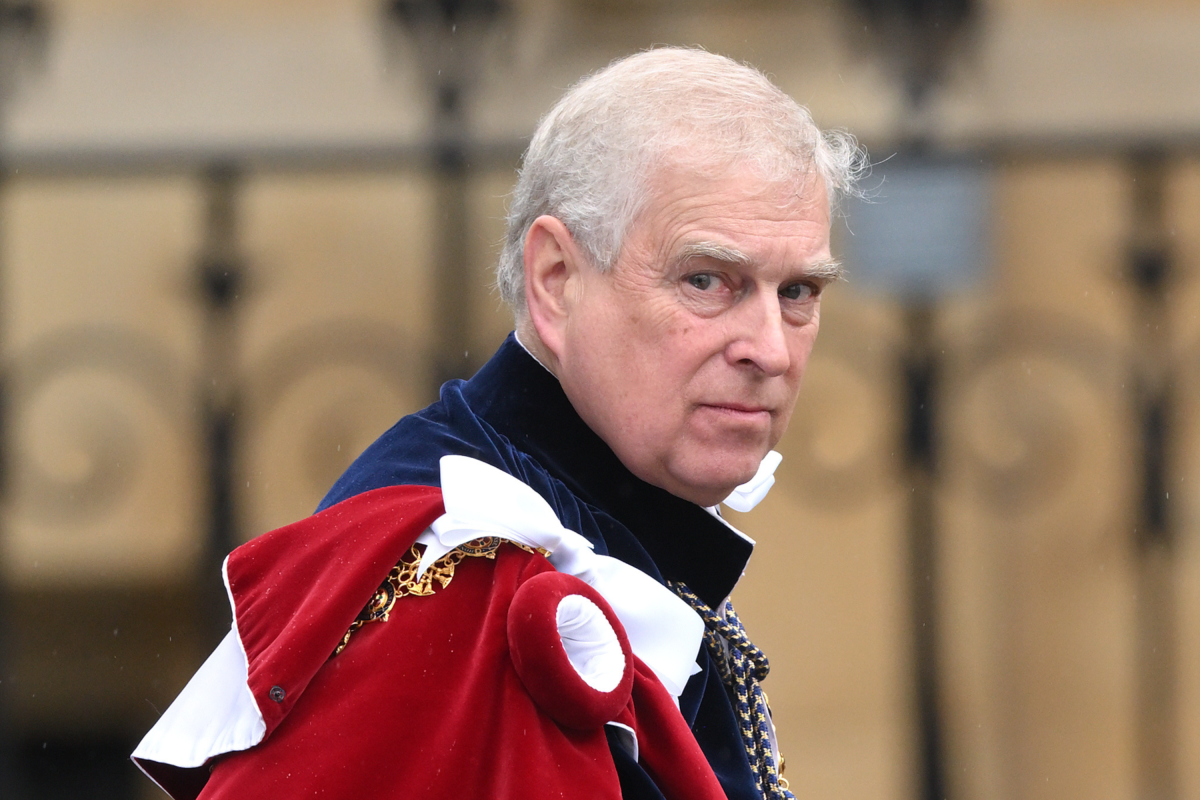
It has been reported that the late Queen financed Prince Andrew’s payout from her personal funds, likely linked to the real estate, properties, and investments associated with the Duchy of Lancaster. This revelation fueled public outrage, as these funds—albeit technically “private”—derive from assets connected to the monarchy and benefit from taxpayer-derived privileges.
Now, the financial operations of the Duchies are again under scrutiny, with many questioning the monarchy’s justification for its privileges in the face of economic challenges and societal changes. As discussions grow, demands for enhanced financial transparency from the royal family intensify. Critics contend that if public funds are indirectly supporting royal estates, the monarchy should provide taxpayers with clear financial disclosures. Whether this scrutiny leads to significant reforms or merely deepens division in public opinion is yet to be determined.
The Relevance of Royalty & Public Opinion
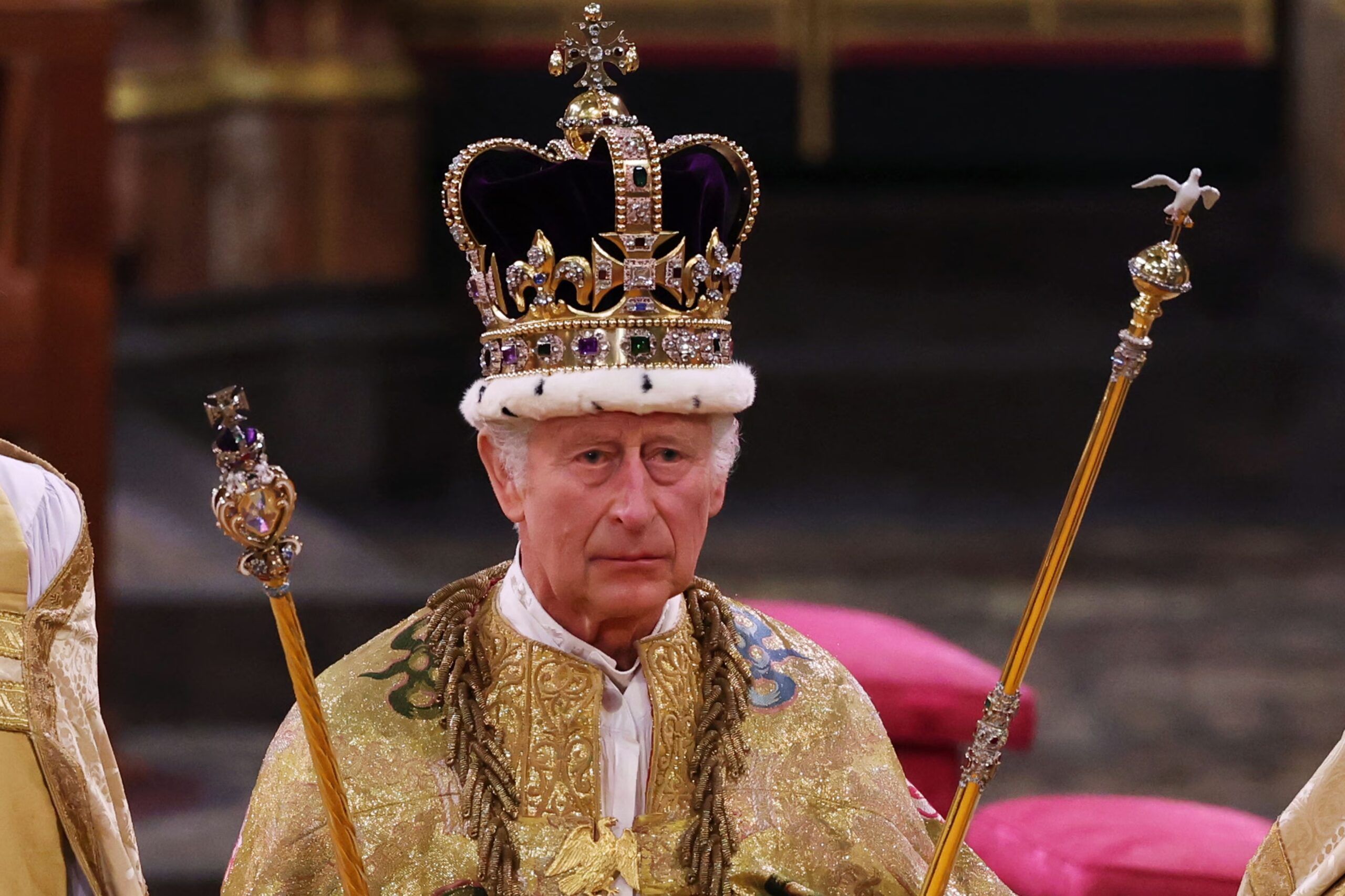
What does being part of the British Royal Family mean in 2024, and are they still relevant? Traditionally, the monarchy in the UK was based on the divine right of kings, which held that monarchs were appointed by God and governed as His representatives on Earth. This belief granted monarchs absolute power—politically and spiritually—with the crown representing divine sanction. Nowadays, the royal family’s sovereignty operates under a constitutional monarchy, where the monarch’s authority is mostly ceremonial. Although the monarchy’s influence may be symbolic, they continue to enjoy some medieval privileges, such as immunity from legal prosecution and financial oversight, shielding them from accountability faced by ordinary citizens.
As the monarchy faces rising demands to financially support the ailing NHS, reports suggest some believe political leaders should leverage public discontent to advocate reforms that ensure the monarchy pays its fair share of taxes, including corporate and capital gains taxes. Supporters argue that such shifts could also enhance the monarchy’s standing, framing it as a proponent for national unity and public welfare while redefining its role within modern Britain.
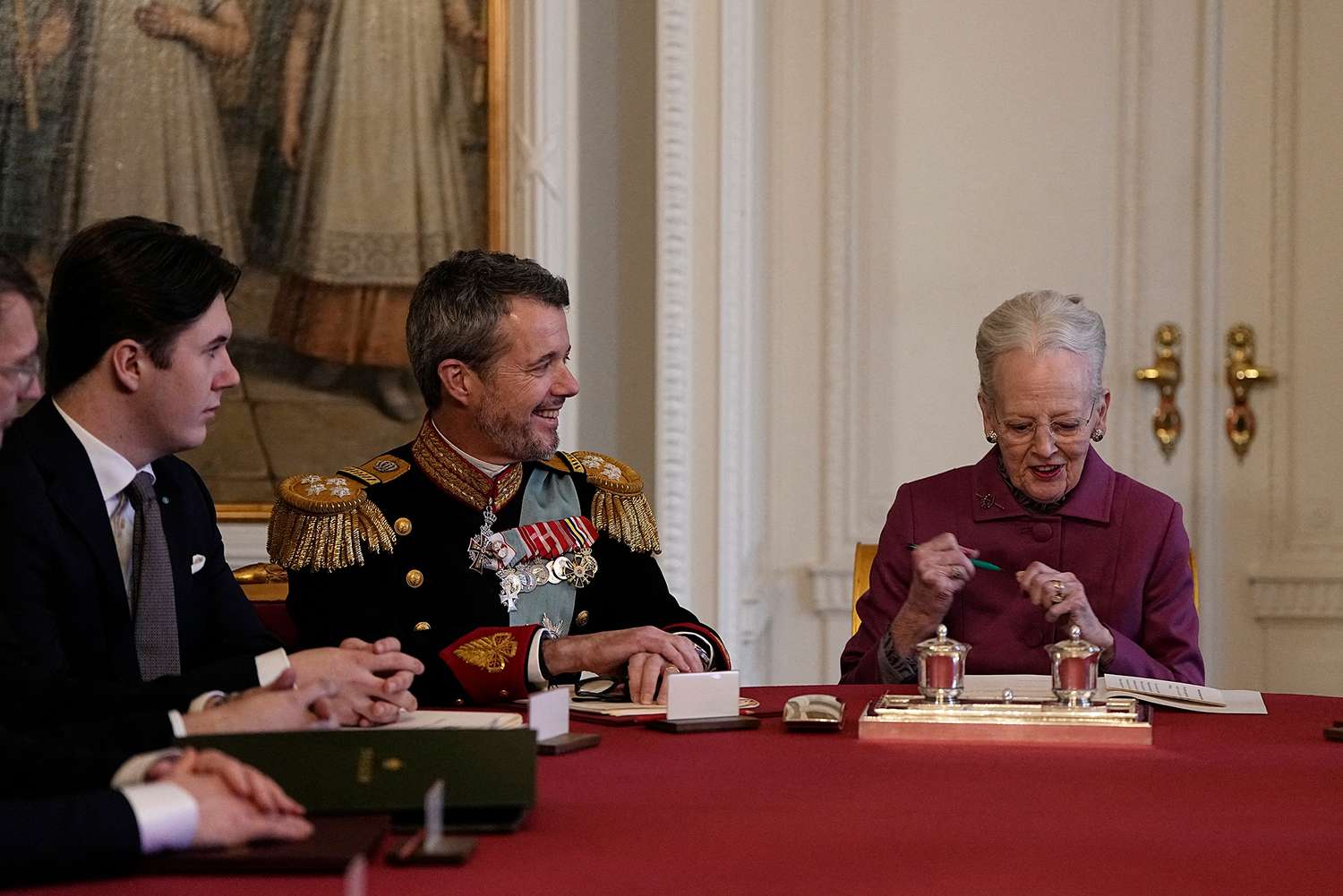 Denmark’s Queen Margrethe abdicated the throne in 2024
Denmark’s Queen Margrethe abdicated the throne in 2024
Examining other constitutional monarchies—such as those in Scandinavia—highlights stark contrasts in financial accountability and transparency. Scandinavian royal families are often praised for their modesty and clear demarcation of public and private finances. In 2024, Denmark’s Queen Margrethe II abdicated in favor of her son, Crown Prince Frederik, marking the first voluntary abdication by a Danish monarch in nearly 900 years. This historic choice signifies a modernized perspective on monarchy, adapting to evolving times and societal expectations.
The increasing financial and ethical examination of the monarchy signifies changing public expectations. In a democratic society, the royal family’s ongoing existence and privileges increasingly hinge on sustaining public support. Neglecting to address these issues may threaten the monarchy’s legitimacy and relevance in the 21st century.
For the latest in business and cultural discussions, click here.






